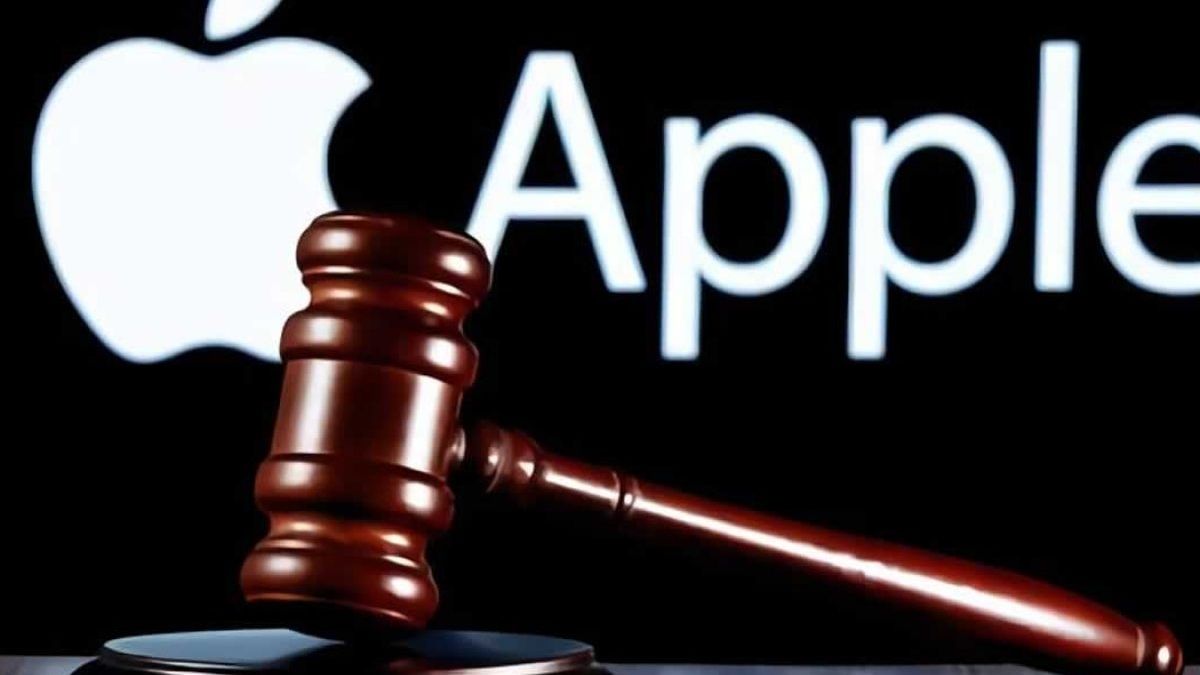Apple vs. Rivos: A Battle Over Trade Secrets and Employee Mobility
Apple sued for intimidating workers in the rapidly evolving tech industry, where competition is fierce and the protection of intellectual property is paramount. This recent legal battle involves tech giant Apple Inc. and Rivos Inc., a startup in the RISC-V space, and it sheds light on the intricate relationship between trade secrets, employee mobility, and competition within this sector.
In May 2022, Patently Apple reported that Apple had initiated legal proceedings against Rivos Inc., based in Santa Clara, California, and Austin, Texas. The lawsuit alleged breach of contract and violation of the Defend Trade Secrets Act, citing concerns that former Apple employees joining Rivos had retained confidential trade secrets, intending to use them in competition against Apple.
Apple’s California filing emphasized prevention of unlawful trade secret exploitation by Rivos.
It stated departing employees kept confidential info after joining Rivos.
Read more: How Apple and Qualcomm Went to $1 Billion War Over the Future of the Smartphone
Apple sued for intimidating workers
In mid-August 2023, a U.S. judge favored Apple. The lawsuit against Rivos was given the green light to proceed. The ruling underscored Apple’s serious claims of stolen chip technology against Rivos.
However, the legal saga took a new turn when Rivos and six ex-Apple employees countered Apple’s claims by filing a countersuit in a San Jose federal court. Their argument centered on Apple’s alleged use of overly restrictive non-disclosure and non-solicit agreements that hindered employee mobility and stifled emerging companies that hired its staff.
Rivos claimed Apple used anti-competitive tactics. Apple aimed to deter employees from joining rivals, fearing competition. The heart of the countersuit was the assertion that Apple’s non-disclosure and non-solicit agreements were excessively broad and, therefore, unenforceable.
Read More: Follow us on Linkedin for everything around Semiconductors & AI
This legal tussle raises crucial questions about the delicate balance between safeguarding trade secrets and promoting healthy competition. On one hand, companies need to protect their proprietary information and maintain a competitive edge in the market. On the other, employees should have the freedom to seek new opportunities without being unduly constrained by overly restrictive agreements.
The legal battle’s outcome may set a precedent for the tech industry. It could influence trade secret protection, employee rights, and fair competition.
The tech community and legal observers are closely watching. These legal challenges will shape trade secret protection and employee mobility in tech.
Read more: Intel Found Guilty of Chip IP Theft, Fined $2.2 Billion




